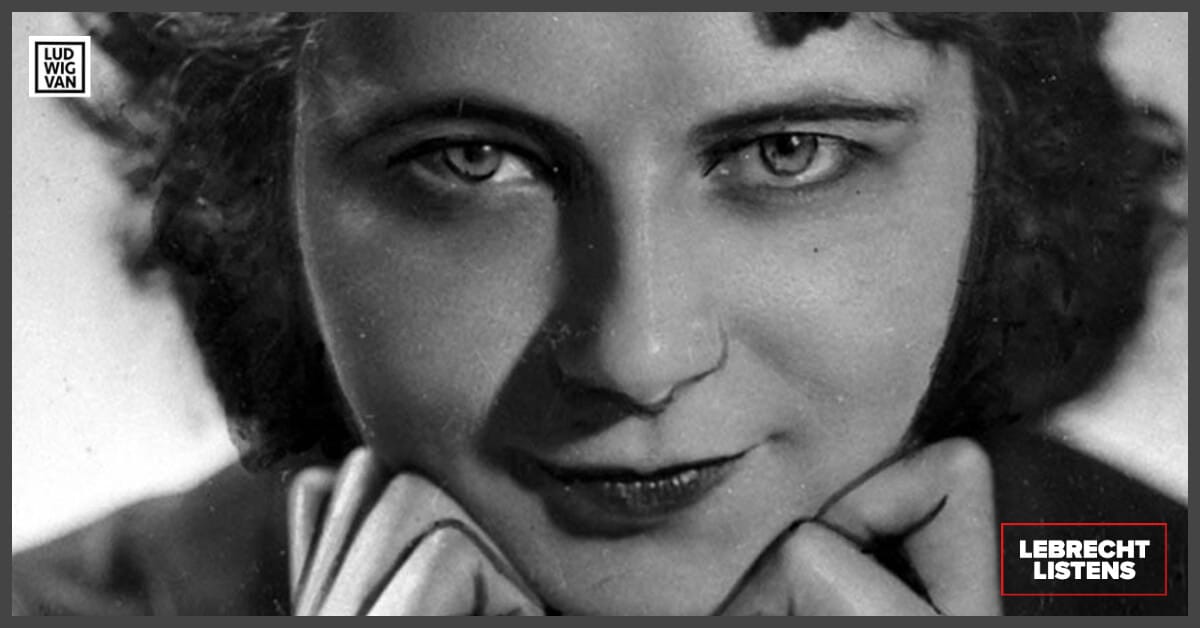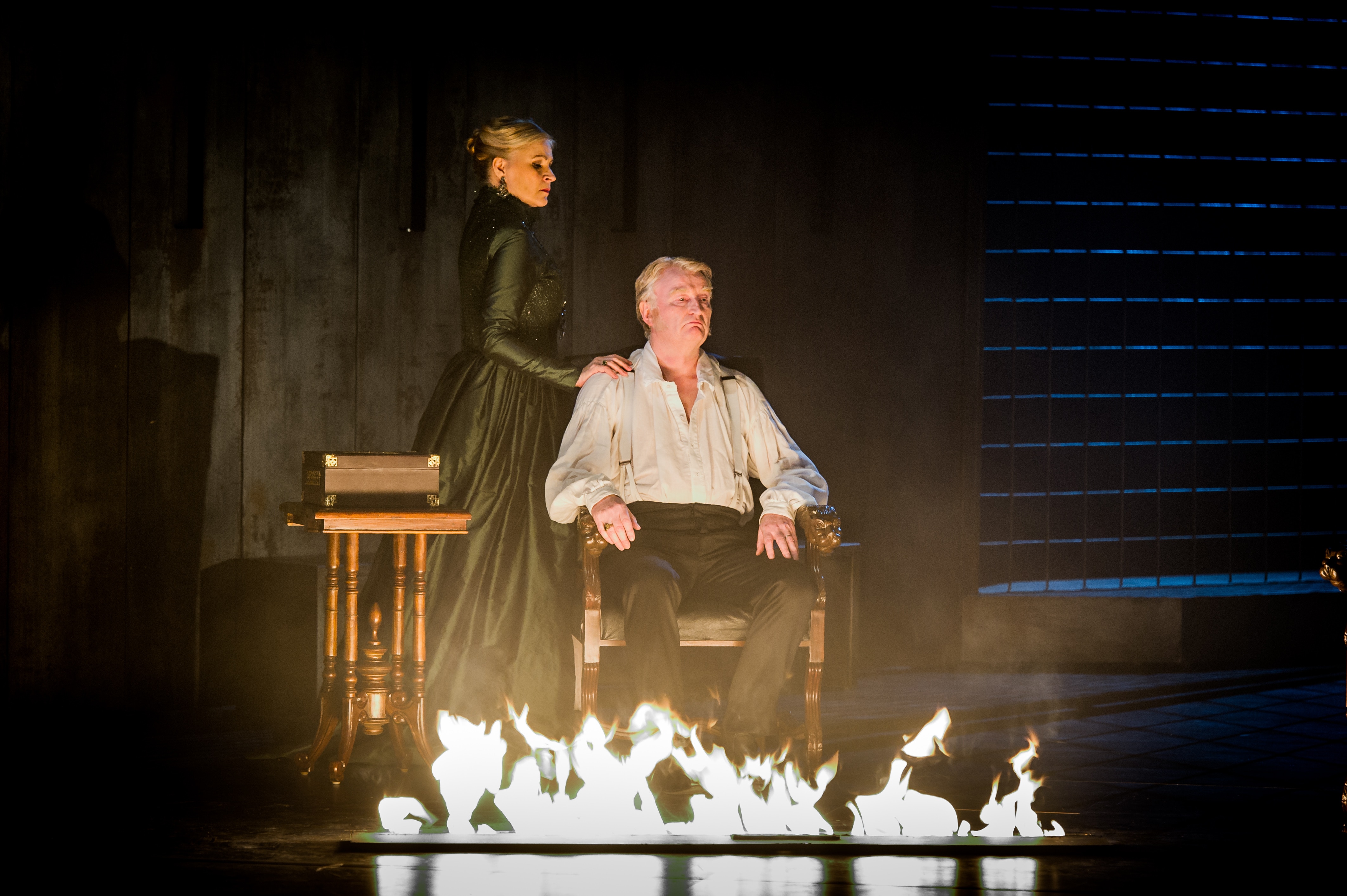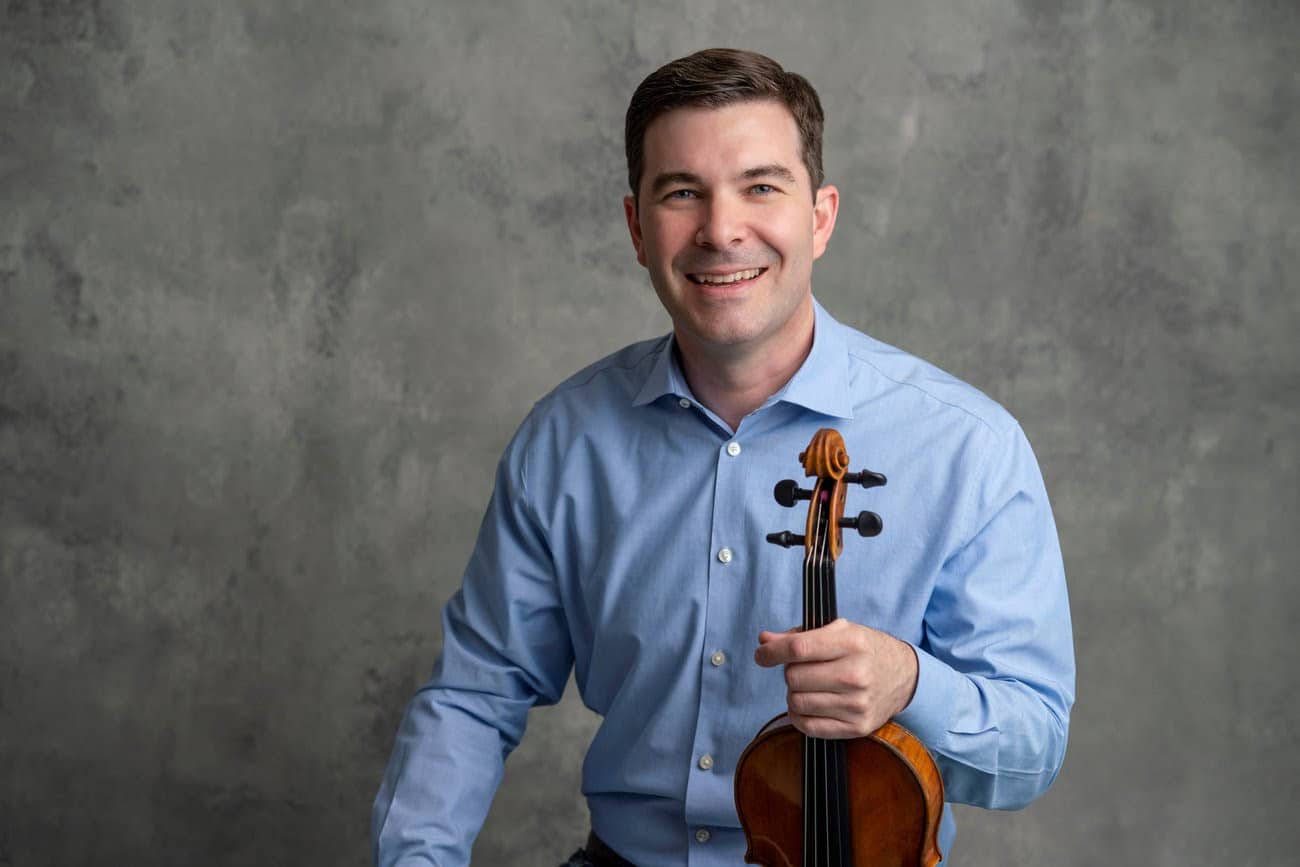Is this the next Weinberg?
Album Of The WeekFrom the Lebrecht Album of the Week:
I am starting to think that Grazyna Bacewicz might be the next Mieczyslaw Weinberg. Forgive me, non-Polophones, if the names are had to pronounce, but if you’ve got used to Szymanowski and Paderewski down the years you can certainly live with this pair. Weinberg fled to Russia in 1939 and became the composer closest to Shostakovich, albeit under-performed. He emerged from the shadows in the 1990s and is now deemed indispensable. Weinberg’s opera, The Passenger, has played in major capitals and his symphonies are bursting forth on record.
Bacewicz, who died in 1969, trod water under Polish Communism and saw her music eclipsed by the authorised forces of Lutoslawski and Penderecki…
Read on here.
En francais ici.
In The Critic here.






Very interesting…..
Here is the Concerto for String Orchestra:
https://www.youtube.com/watch?v=uJk1flnPj4w
And her 3rd symphony:
https://www.youtube.com/watch?v=AoKlFegfrR4
The soviet leadership, knowing very well, deep-down, that they had no single legitimacy, used art as a veneer, hoping it would give them some respectability. Hence the visual arts and classical music being heavily politicized: aesthetics were defined as to have to serve the now happy lives of the masses. Hence the taboo on ‘Western new atonal music’ which, indeed, did not appeal to the masses, or to any serious music lovers. So, music got under a glass bell, artificially freezing tradition. But it also offered the opportunity for a handful of serious composers to florish, in spite of the suppression. And now modernism has crumbled in the West, these east-European composers are dug-out, and add to the repertoire with some of the real music of the 20th century.
It was in Poland where atonal modernism got tolerated for a while after WW II, during a dangerous ‘thaw’ of the communist stronghold on society. Lutoslawki and Penderecki raised to the occasion and explored the new ‘beauties’. Ironically, as soon as the communist regime fell, Penderecki turned 180 degrees around and ‘rediscovered’ tradition, writing entirely ‘oldfashioned’ tonal works, and succeeded to survive as a respectable composer.
…long due for a revival. -an outstanding composer.
Violinists would (or should) vote an enthusiastic “yes” for this notion. As a pupil of (among others) Carl Flesch, Grażyna Bacewicz wrote knowingly and prolifically for “her” instrument, but it remains a challenge to track down recordings. Concertos, sonatas, and chamber music enough to fill many CDs, and given her total productivity, they are just the tip of the iceberg.
Bacewicz is a real find. Have been listening to her piano concerti in an album conducted by Nicholas Collon
Very exciting music.
The Chicago Symphony under Alsop played the Bacewicz “Music for Strings, Trumpets, and Percussion” at Ravinia recently. It was very impressive. There are recordings on YouTube, etc.
https://music.youtube.com/watch?v=ToPjG0FdX8c
Those in the know have cherished Bacewicz far before Weinberg became a ‘hit’. Writing of great originality and quality. So glad you are catching up, but despite several fine performances and recordings there is more to be done. She’s up there with Enescu in terms of reappraisal needed to achieve full public recognition.
Bacewicz is a truly gifted composer. I did her 3rd Symphony a while ago and highly recommend it along with a deep dive into her catalog. She was quite prolific and as one would expect, not everything is superior. However, she hi the high mark many times and possesses a unique voice. Have at it.